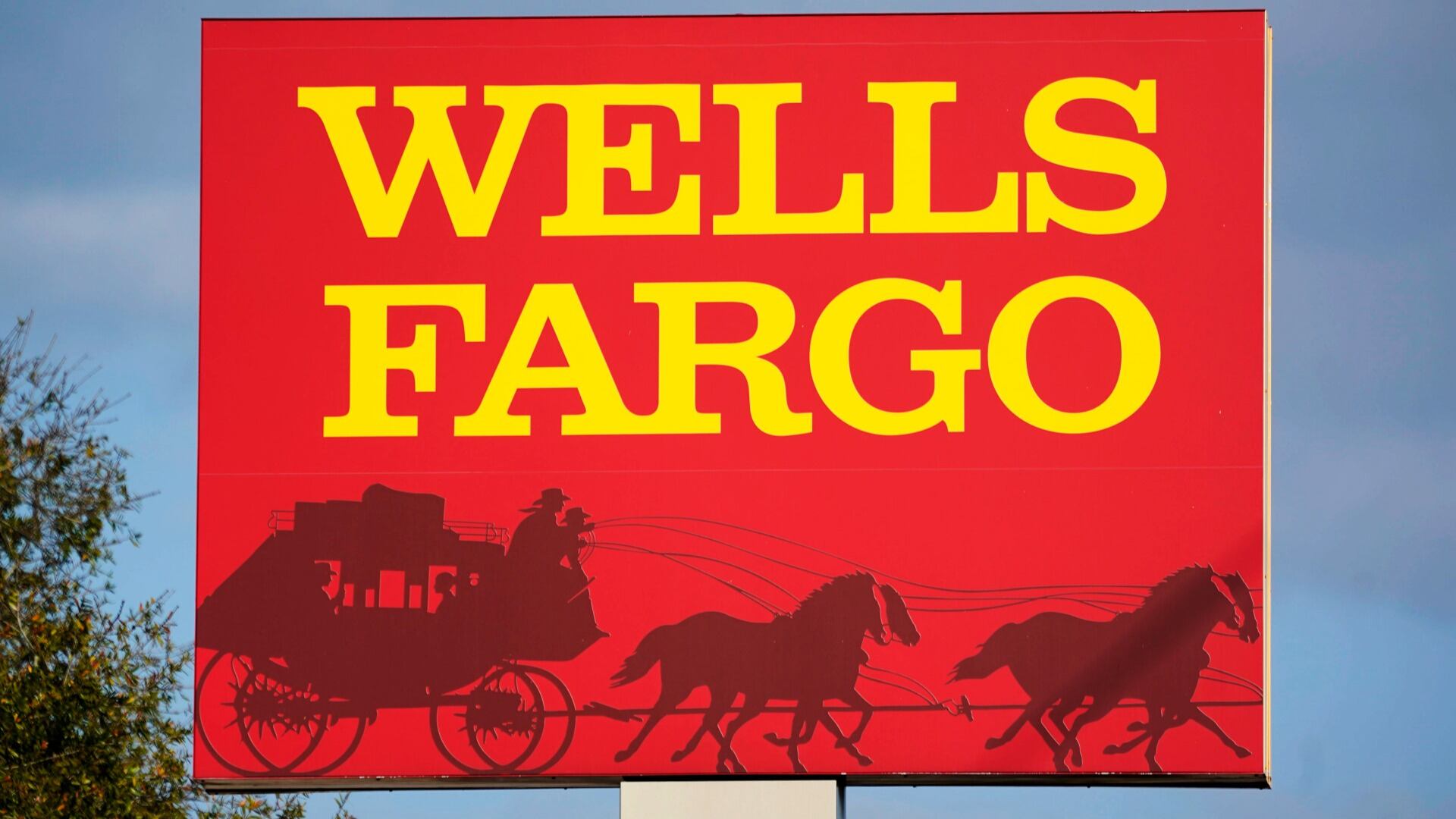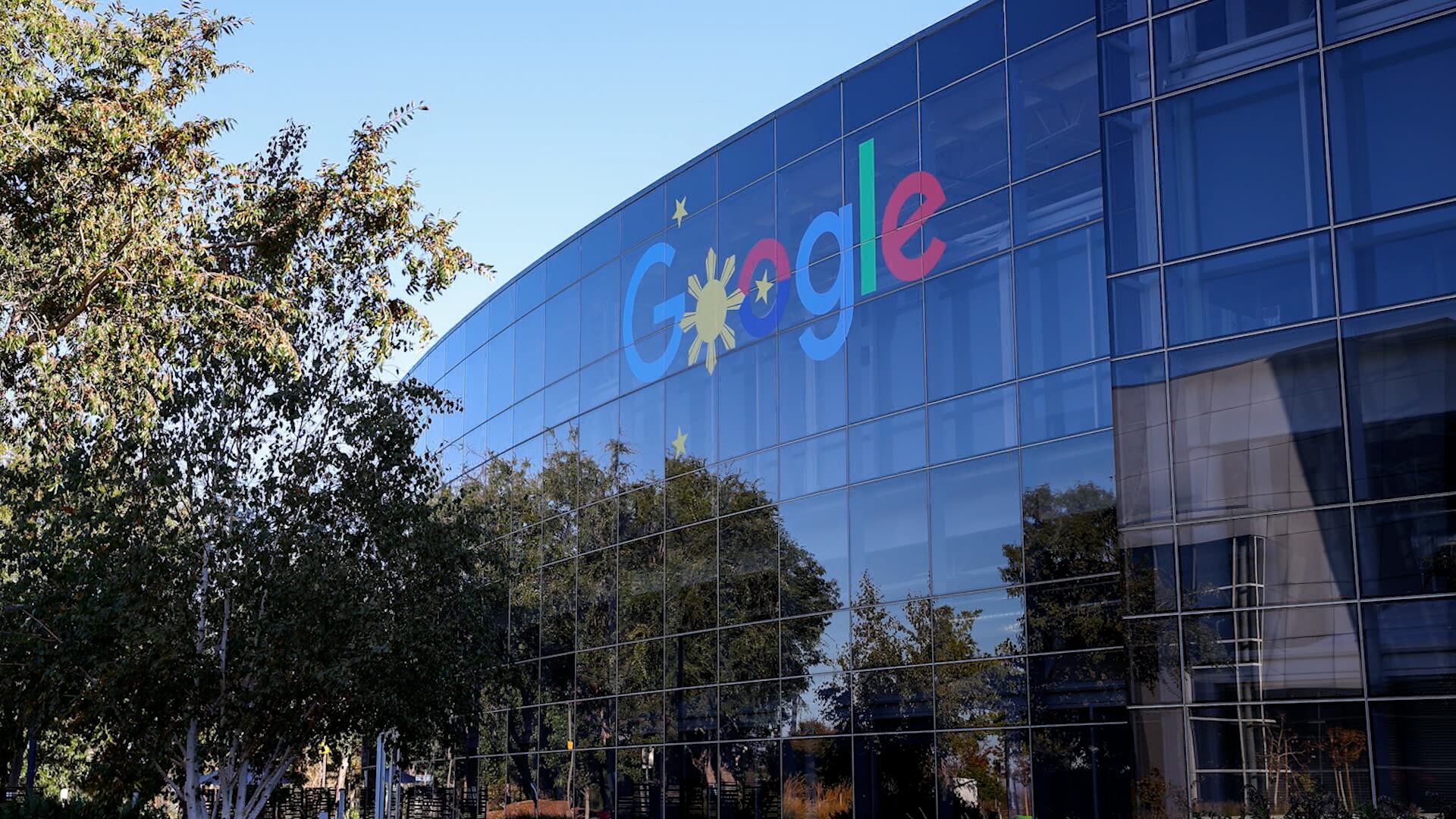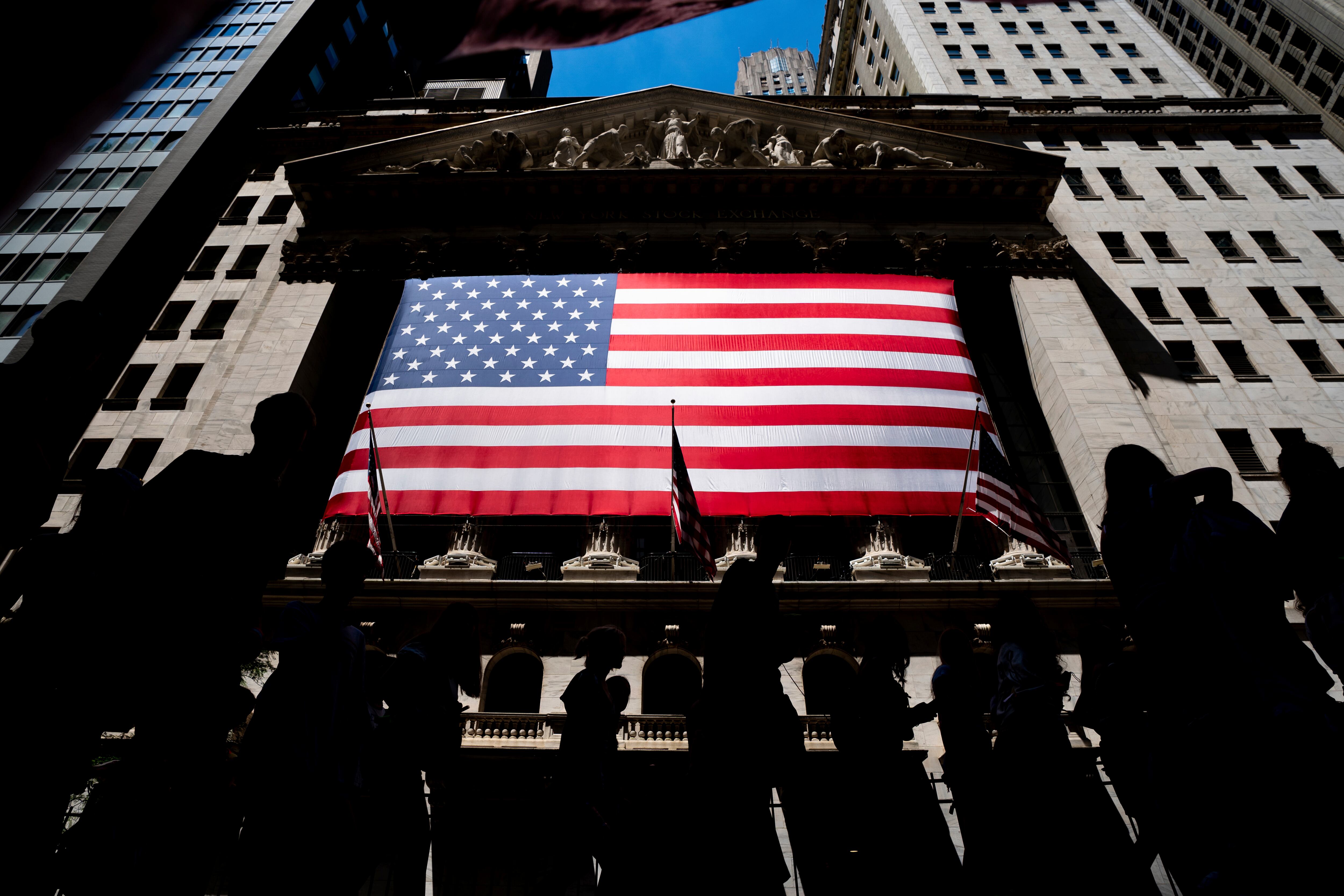As the third-ranked high school point guard in the class of 2022, Scoot Henderson had his pick of Division I colleges where he could play basketball.
Instead, the 17-year-old will become the youngest American professional basketball player ever.
"When COVID hit it, it made me realize that if you don't take action now, then it could never happen," Henderson said. "So I mean, I put my foot forward and trusted God and myself and my skill level."
Henderson is a point guard for G League Ignite, a development league from the NBA focused on getting young athletes ready for the highest level of U.S. basketball. Each season, players train with other prospects and veterans, as well as play exhibition games. Salaries reach up to $500,000 a year, with opportunities to earn additional funds through sponsorships.
"The ultimate goal when anybody goes to college is to one day be able to gain employment, where they can take care of their families," said Henderson's manager Christian Dawkins, who is the founder of Par-Lay Sports and Entertainment. "So if you can do that, in an expedited manner, two [or] three years earlier than, you know, going to college and getting it done, why not?"
With groups like G League Ignite, Overtime Elite, and other overseas options emerging, the pathway to a career in basketball isn't as clear-cut. Across the country, talented young basketball players are facing a new decision: Spend time developing as a player in college or head straight to the pros and start earning a paycheck right away.
"A lot of the talents primarily that are elite-level performers on the basketball or football side are more than likely African American," Dawkins said. "If African American talent doesn't have rights or ownership over their main image, what do they really have rights and ownership over? So when you're talking about the whole system, it is not just a black and white sports issue. It's a much, much bigger cultural story and a much bigger social story in my opinion."
College Basketball vs. Going Pro
NCAA men's college basketball tournament March Madness has always been a draw for viewership. Despite a 14 percent decline from 2019 figures, it still brought in an audience of 16.9 million viewers during the championship game this year. But thanks to demand for streaming sports media rights, many organizations are seeing opportunities to create new leagues which can attract viewers.
"If you can create a platform where the top talent is all participating, you know, somebody's going to want to broadcast or stream those games," Dawkins said. "And as we've seen in NCAA's March Madness or college football playoffs, the media rights for those tournaments are really, really, really lucrative."
At the same time, the NCAA and other Division I schools are coming to the realization they may lose players to these opportunities. While compensation has always been a controversial issue, the NCAA and several states are now allowing student-athletes to receive endorsement money as of July. For those deciding between getting an education and getting paid, it could make a difference, said Georgia Tech men's basketball head coach Josh Pastner.
"Some probably would have an opportunity to go directly to the pros, to like the G Leagues, and make good money, or some other professional leagues like Overtime Elite or overseas, but they've chosen to go to college because they can maybe make the same money," Pastner said.
It's also important to note that a basketball career might not last long for everyone — but a college degree can give you a head start in life.
"99.99999 percent of the people, of the student-athletes, there's going to be no life-altering or life-changing financial implications because of the [licensing rights]," Pastner said. "Everyone else has sort of like the same odds and percentages of playing professional sports. You know, it's very slim to none."
That's exactly what Georgia Tech men's basketball point guard Michael Devoe is counting on. He tested the waters for the NBA draft but decided to return for his senior year. He will graduate with a business management degree and still hopes to play in the NBA after college.
"I've been able to become more mature myself," he admitted. "So to be able to go through those things and also go to college and learn things throughout college, like I've learned a lot through my business classes. Also that I want to enlist later on down the road, when basketball stops bouncing for me."
While G League Ignite wasn't around when he decided to go to Georgia Tech, Devoe sympathizes with young athletes who have to make the decision. He still remembers sitting down with his mom to make his choice to go to Georgia Tech. Even with other options out there, he doesn't regret spending four years in college because it helped him develop as a player and a person.
"To me so far, it's been one of the best decisions I've ever made in my life," Devoe said. "The relationships I've made here, the friendships, the bonds, everything that I've made here, I will never forget for the rest of my life."
Personal Choice
For Henderson, however, his choice to go pro wasn't motivated by money. He liked the fact he would be challenged by professional athletes and play against the best.
"I'm going to have veterans on my team to just make me focus on the right things and take me down the right path, and highly-skilled teammates, highly-skilled players," he explained.
But one thing that was at the back of his mind — as well as his parents' — was whether he would get an education. Five of his older siblings played Division I basketball, and it seems his youngest sister will also follow down the college path.
Henderson, who graduated high school early in order to join G League Ignite, will still go to school, however. Part of his deal includes free online college courses through Arizona State University, as well as life skills classes on money management and the business of basketball. He's taking advantage of all of the educational opportunities and once he joins a top NBA team, he plans on completing his degree.
"I mean just knowing my mom and dad always wanted me to reach sky high in my academic courses," Henderson said. "That's the reason I graduated earlier, because my parents just pushed me so hard."
Crystal Henderson said she felt better knowing that her son would be able to partake in these classes. Next Play 360, the facility she runs with her husband, focuses on sports training but also offers courses in STEM and financial literacy. School has alway been a priority for the Hendersons, whether it's in the classroom or practical life lessons.
"All of our kids have degrees, but we want him to be able to get that life skill education, too," she said. "I think so many teenagers are missing that piece."
The Hendersons believe G League Ignite was the right choice for Scoot. But Crystal understands how hard the decision can be for families, especially if financial worries are part of the equation.
However, the most important part is talking to your kid, she pointed out. They had conversations with the schools, the leagues, and did the research. Finally, they sat down one-on-one with Scoot to lay out the pros and cons of his options — and supported him in his choice.
And, Scoot won't be alone. His brother is planning to be his roommate and his sister will live nearby. Plus, Crystal is planning to visit often, probably more than she would have if he went to a traditional college.
"Just make sure your kid is ready," she said.












